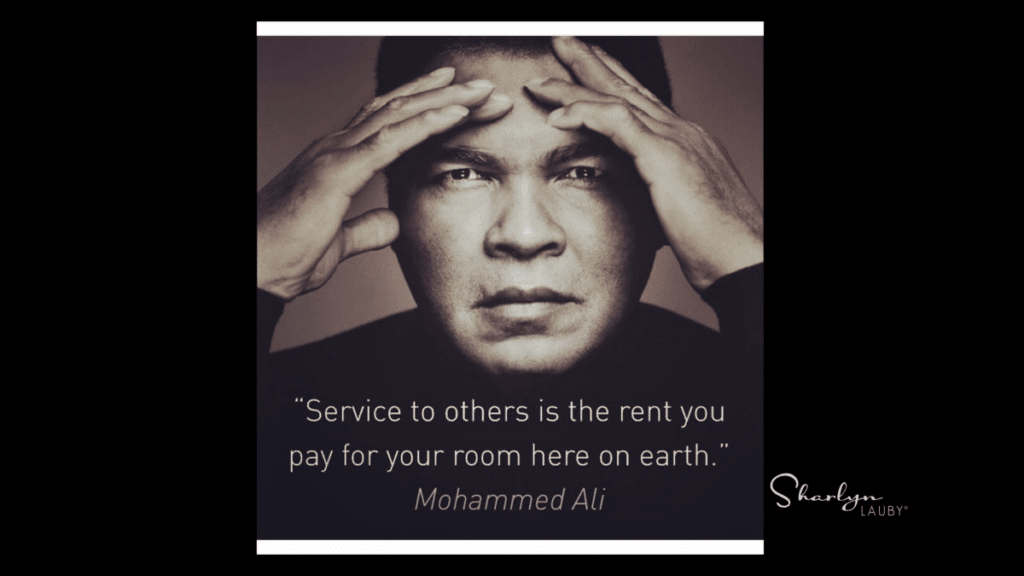Integrity: 6 Ways to Improve Trust and Values
If you haven’t seen it, the
Edelman Trust Barometer reveals trust levels around the world. The latest report shows a record-breaking drop in trust in the U.S. Trust in government fell to 33 percent. Trust in business fared better with 72 percent of respondents saying that they trust the company they work at.
Restoring trust when it’s been broken is hard. Very hard. But it can be done. It starts by improving integrity. Whether you’re an individual or an organization, here are a few things you can do.
- Keep confidential things confidential. And when you can’t, tell the other person. People want to know that when they say, “Let’s keep this between us.” that the other person will respect their wishes. Now I will admit, this can be especially challenging in HR. If someone says something like “I’m being harassed.”, HR cannot keep it secret. But they can tell the person why they can’t maintain confidentiality. Integrity is about being honest.
- Know when to let things go and when to confront an issue. Everything isn’t meant to be a battle. Sometimes people say things just to see if they can “push a few buttons”. Knowing when to ignore someone’s antics is important. Equally important is knowing when to stand up for something. Just because someone is a client, customer, manager, or co-worker doesn’t mean they shouldn’t be held accountable for their actions. People do not have to be shamed publicly but they do need to account.
- Be organized. So, you can follow through with others. If I had a dollar for every time someone said, “I’m going to send you…” or “I’m going to do this…” – but they don’t – then I’d be rich by now. I’m sure you know people who do the same thing. Integrity is about doing what you say you’re going to do. If you say that you’re going to send something…send it. If you promise an employee something, do it. They expect you to keep your word.
- Don’t be a hypocrite. When your views change, let others know. I’m not saying that people aren’t entitled to change their mind. If your position on something changes or evolves, let those who need to know…know. Let’s say you’re a manager. What’s confusing to your employees is you have one opinion on Tuesday and another one on Wednesday, with absolutely no conversation in between. They don’t know what you stand for. More importantly, they don’t know when you’re going to support them.
- Have an ethical compass. Ethics have a level of subjectivity to them. What I believe is unethical, someone else might feel is fine. The good news is that most organizations and professional associations have ethical standards that we can turn to for guidance. Ethics help us define appropriate behavior. Inappropriate behavior erodes trust and integrity. If we want employees, managers, and organizations to act ethically, then we need to know their ethical standard and hold them accountable to it.
- Respect people even when you disagree with them. I believe it’s possible to hold someone accountable and still be respectful. Accountability is not a form of punishment. At least, it doesn’t have to be. When we disagree with management or an employee, we can still express our differences in a respectful way. If we find ourselves constantly disagreeing, then we might need to make some other decisions. But even then, we can treat each other in a respectful fashion.
While I hope this is an easy to read list, it’s not an easy to do list. I don’t know that any of us will be able to simply check these actions off like a grocery list. It will take time and regular reminders. Our integrity is too important.
21
